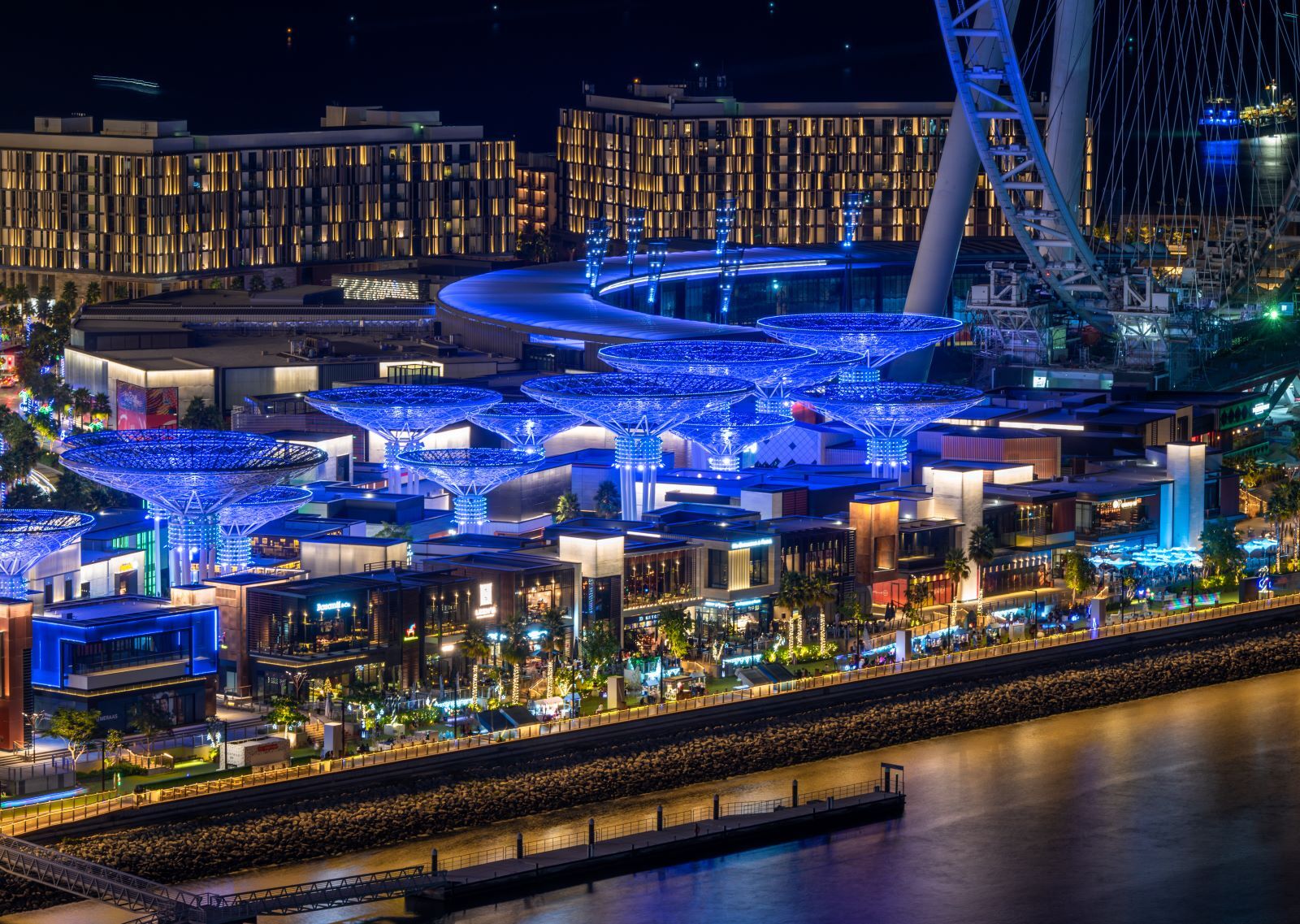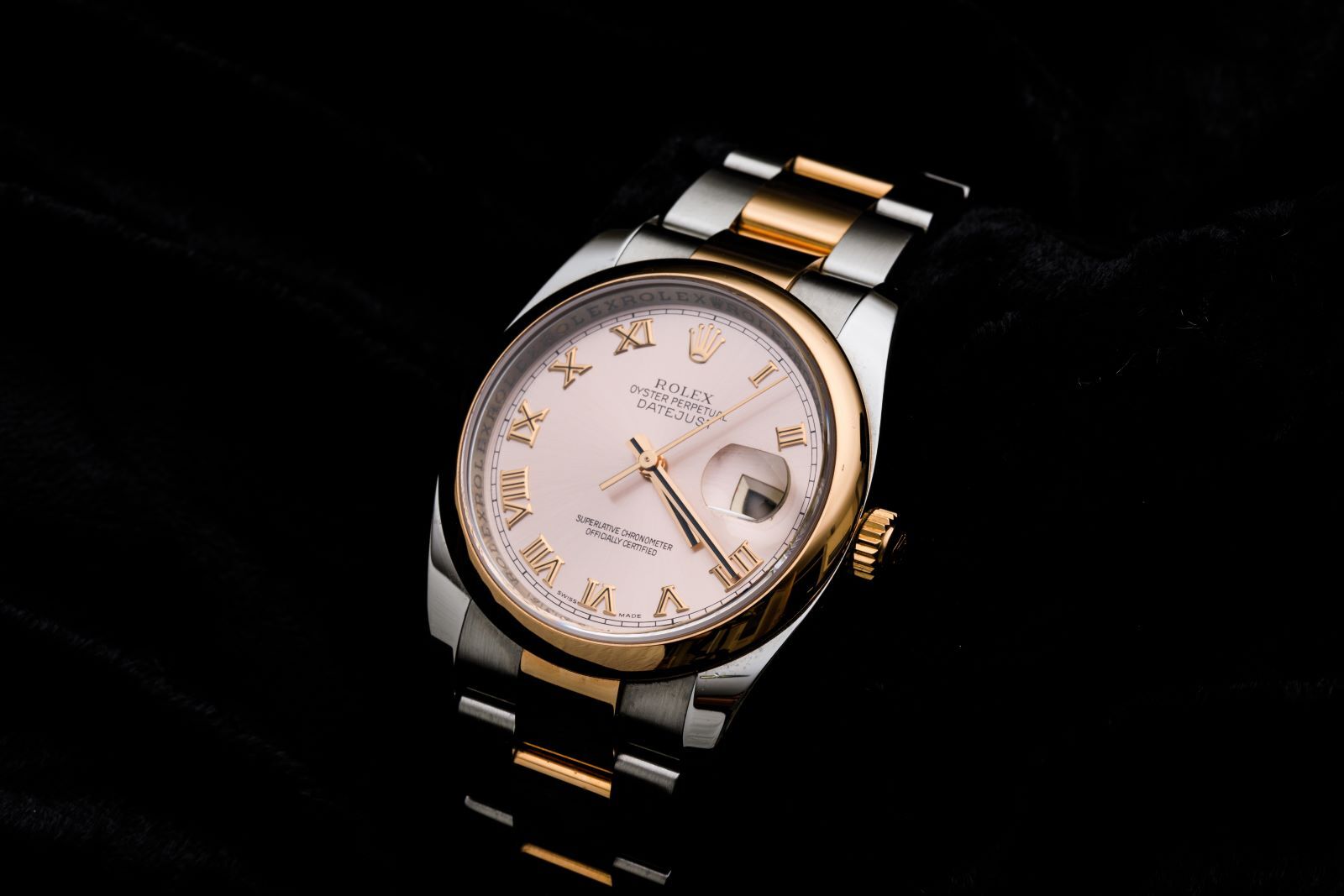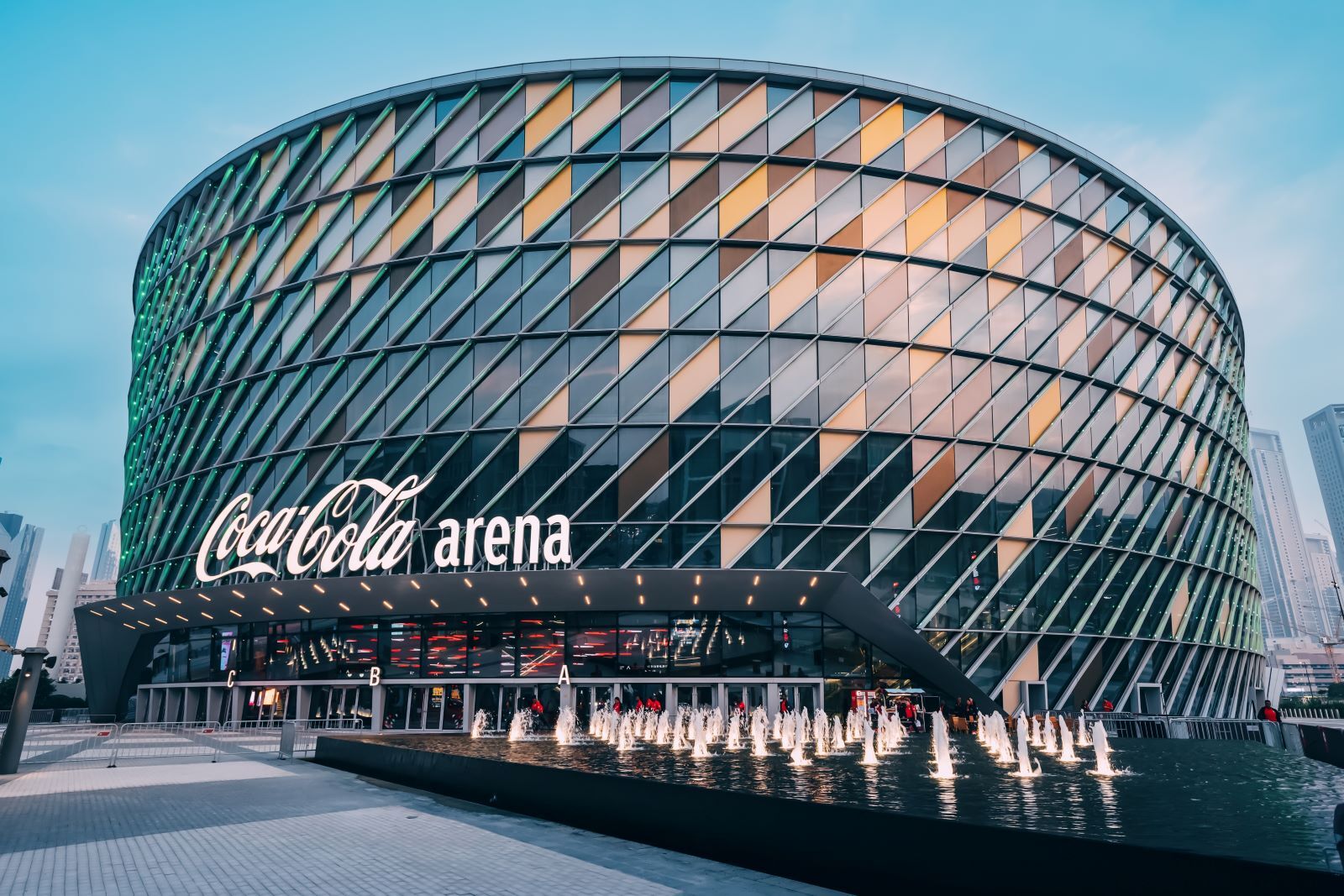Dubai Horse Racing
Published: 23 April 2025
As the winter sun casts long shadows across Meydan Racecourse's immaculate turf, the anticipation among the crowd is palpable. Men in tailored suits and women in designer dresses mingle with others in traditional Emirati attire. Conversations in dozens of languages create a gentle murmur that will soon give way to thundering hooves and passionate cheers. This is Dubai horse racing – an impressive example of how the city has taken a traditional sport and made it uniquely its own.
The Dubai World Cup
The Dubai World Cup has evolved since it began in 1996. Now one of the world's premier racing events, it typically offers a purse of around $12 million for the main race, keeping it among the world's richest horse races. The total card value for World Cup night often reaches $30.5 million spread across nine championship races, drawing elite thoroughbreds from six continents.
Recent seasons have introduced several refinements to the World Cup format. The qualification system now incorporates more international path races, allowing horses from emerging racing nations to earn their place at Meydan. Strategic scheduling adjustments provide better spacing from other major international events, ensuring the world's top horses can compete without compromising their annual campaign.
What hasn't changed is the electric atmosphere when the gates open for the main event. The 2,000-metre dirt contest represents the ultimate test of speed, stamina, and heart – an international championship where the best horses from around the world battle it out.
Trainers, Jockeys, and Equine Stars
The Dubai racing season features a fascinating mix of established forces and rising stars. The Godolphin operation, founded by Dubai's ruling Al Maktoum family, continues its central role with strong contenders across all major races. Their primary challenger remains Japanese racing, which has invested heavily in horses capable of excelling on Dubai's unique conditions.
International trainers handle Dubai racing in different ways. While some now keep stables at Meydan during the season, many top names don't have a Dubai base at all. Aidan O'Brien runs his operation entirely from Ballydoyle in Ireland, shipping horses in just for specific races. Until their split in 2024, Australian trainers Ciaron Maher and David Eustace did the same, flying horses in for target races rather than setting up shop in Dubai.
Among jockeys, the competition for rides is fierce. William Buick and James Doyle are often associated with Godolphin, whilst the Japanese contingent brings their own elite riders. American jockeys, known for their expertise on dirt surfaces similar to Meydan's main track, regularly make their presence felt during the World Cup season.
The equine stars themselves represent the ultimate draw. The Dubai World Cup has showcased some of racing's greatest champions, with horses from America, Japan, and Europe competing for supremacy. In recent years, fillies have made significant strides in challenging male competitors, though a female winner of the Dubai World Cup remains an achievement yet to be realised.
Beyond Meydan
While Meydan rightfully captures international attention, Dubai's racing ecosystem extends far beyond its flagship venue. Jebel Ali Racecourse, with its unique uphill finish, hosts Friday meetings that attract local fans and provide a stepping stone for upcoming talent. Its distinctive terrain creates specialists who excel on its testing surface while struggling elsewhere, creating betting opportunities for astute observers.
Al Ain Racecourse focuses primarily on Arabian racing, preserving and showcasing the breeds that represent the foundation of Emirati equestrian heritage. The facility's recent renovation has transformed it into a world-class venue for Arabian contests, with purses that now approach levels previously reserved for thoroughbreds.
Most intriguing is Dubai's night racing circuit. Meydan's evening meetings have become a signature feature of Dubai racing, combining the sport with spectacular lighting and entertainment to create an atmosphere unlike any other racing venue globally.
The Business of Beauty
Behind the glamour of race day lies a sophisticated industry that powers Dubai's racing prominence. Dubai hosts several important bloodstock auctions throughout the year, attracting buyers and sellers from around the world. UAE-based breeding operations continue to grow, gradually challenging the traditional dominance of Kentucky, Newmarket, and Hunter Valley bloodstock.
Training infrastructure continues expanding beyond the established centres. Recent developments include state-of-the-art stables with integrated conditioning facilities, advanced training tracks and recovery systems designed for Dubai's unique climate.
Equine welfare investments are set to advance. Dubai Racing Club has placed significant emphasis on horse wellbeing, with comprehensive protocols for track safety, veterinary oversight, and post-racing care. Their commitment to equine welfare aligns with global best practices, adapting to the specific challenges of racing in Dubai's environmental conditions.
Dubai's horse world goes well beyond the racetrack. Luxury housing developments built around private stables and riding facilities have become a distinctive segment of the high-end property market. International buyers with equestrian interests are drawn to these exclusive communities, which offer the rare combination of premium residences alongside professional-grade horse amenities – an integrated lifestyle that's difficult to find in most global cities.
The Experience
Dubai racing offers options ranging from ultra-exclusive to surprisingly accessible. The Meydan premium experience includes The Residence – appointment-only private suites where guests enjoy personal butler service, dedicated betting assistants, and cuisine from Michelin-starred chefs. These coveted spaces typically sell out months in advance to corporate clients and racing royalty.
More accessible but still distinctly premium are the various hospitality packages. The Winning Post offers views directly opposite the finish line, with food and beverage service throughout the day. The Gallery provides a more relaxed experience, with excellent sightlines, food stations and craft cocktail bars.
General admission to most race days remains remarkably reasonable. Standard tickets start at AED 50, with free entry for children under 12, supporting Dubai Racing Club's commitment to developing new generations of racing enthusiasts.
The international visitor experience has been enhanced with Racing Break packages. These combine race tickets with luxury hotel stays, stud farm visits, and desert trips, allowing racing tourists to experience both the sport and wider Dubai attractions without complex planning.
Racing's Cultural Context
The Emirati connection to horses stretches back centuries, with Arabian horses playing major roles in both practical desert life and cultural identity. This authentic foundation gives Dubai racing an emotional resonance freed of commercial jurisdictions.
The Heritage Race Series showcases traditional riding skills alongside conventional racing, with special categories for young Emiratis developing horsemanship that connects them to their ancestors' ways of life.
With Dubai's reputation for embracing technology, there is ongoing interest in tools such as Equine Performance Tracking systems – non-invasive biometric technology that could allow trainers to assess horses' physical condition in real-time during races, improving both performance and welfare.
The spectator experience may also evolve in this direction. Potential features like an AR-enabled interface could eventually allow racegoers to scan horses in the parade ring and access real-time stats, ownership information, and projected odds – an innovation in line with Dubai's broader tech-forward approach.
Dubai Racing's Future
Dubai's racing scene represents both the culmination of nearly three decades of development and a stepping stone toward even grander ambitions. The immediate focus remains on delivering world-class racing that attracts the sport's elite performers, while industry insiders continue discussions about broader visions for the future.
Plans for expanded international involvement include preliminary discussions for a potential World Racing League linking championship races across Dubai, Hong Kong, Australia, England, France, and the United States. Such a structure would create a year-round narrative connecting racing globally.
As the Dubai World Cup approaches its 30th anniversary, this milestone is undoubtedly significant for Dubai racing. Future celebrations will honour not just the race itself but Dubai's remarkable journey from racing outsider to essential global player.
For visitors experiencing Dubai racing, the impression is of a sport perfectly balanced between respecting its heritage and embracing its future. In a world where traditional sports often struggle to remain relevant, Dubai has created a racing ecosystem that honours timeless sporting values and delivers experiences attuned to contemporary expectations.
Racing in Dubai isn't just for horse people. A day at Meydan delivers something uniquely Dubai – spectacular setting, genuine excitement, and that unmistakable touch of luxury the city does so well. In a place that's built its reputation on doing things bigger and better than anywhere else, the racing scene might be Dubai's most spectacular achievement – they dreamed of creating world-class racing in the desert, and fully delivered on it.



